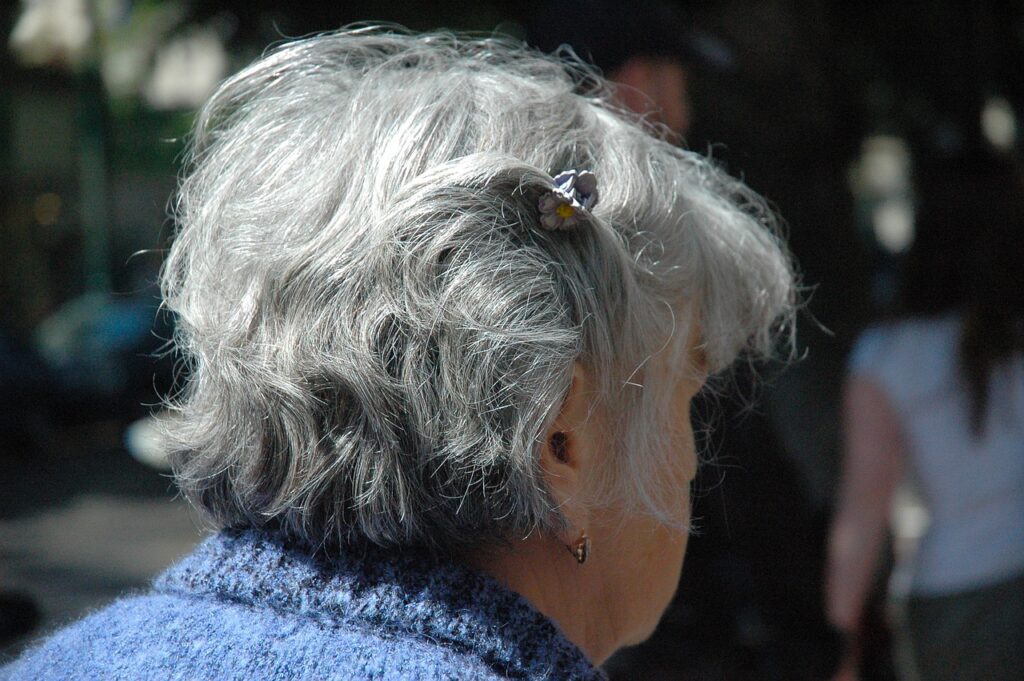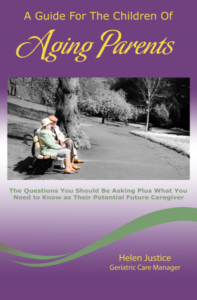The Program of All-Inclusive Care for the Elderly (PACE) is a comprehensive healthcare program designed to support older adults who prefer to live at home instead of moving to a nursing home or assisted living facility. PACE programs provide a range of services to aid families at home in caring for their loved ones.
Here’s how the PACE program can help families:
Integrated Care
PACE programs offer a coordinated and integrated approach to care. They provide medical, social, and long-term care services, all managed by an interdisciplinary team of healthcare professionals. This team includes doctors, nurses, social workers, therapists, and other specialists who work together to create a comprehensive care plan for the participant.
In-home Services
PACE programs provide a variety of in-home services to support families. This can include skilled nursing care, home health services, assistance with activities of daily living (ADLs), medication management, physical and occupational therapy, and personal care assistance. These services help ensure that the older adult’s health needs are addressed and that they can remain at home comfortably and safely.
Caregiver Support
PACE programs recognize the important role of family caregivers and offer support services to help them in their caregiving responsibilities. This can include caregiver training, respite care services, support groups, counseling, and education on caregiving techniques and strategies. By supporting family caregivers, PACE programs aim to reduce caregiver stress and burnout while enhancing their ability to provide care.
Transportation Assistance
PACE programs often provide transportation services to help participants access medical appointments, therapy sessions, and other necessary outings. This can be particularly helpful for families who may face challenges in transporting their loved ones to various healthcare appointments or community activities.
Socialization and Recreation
PACE programs offer socialization opportunities and recreational activities for participants. This can include day center programs where participants can engage in social activities, participate in exercise classes, enjoy meals, and interact with their peers. These activities help combat social isolation and promote mental and emotional well-being.
Care Coordination
PACE programs have care coordinators or care managers who work closely with families to ensure that all aspects of care are well-coordinated. They help facilitate communication between healthcare providers, schedule appointments, arrange for services, and assist with transitions between different care settings. This coordination of care reduces the burden on families and ensures that the older adult receives the necessary support and services.
Emergency and Crisis Support
PACE programs have protocols in place to respond to emergencies or unexpected situations. They provide assistance in managing crises, such as hospitalizations or sudden changes in health status. PACE programs can quickly intervene and provide appropriate support and resources to address emergency situations.
The specific services and support provided by PACE programs may vary depending on the program and location. Families considering the PACE program should contact their local PACE provider to learn more about the services available and how they can benefit from the program.
Need advice on caring for your aging parents? Give us a call at 916-524-5151.




Stay Up To Date With AWGCM